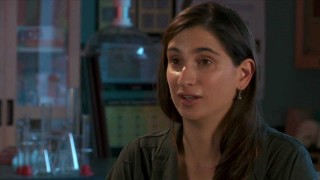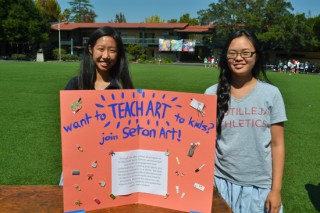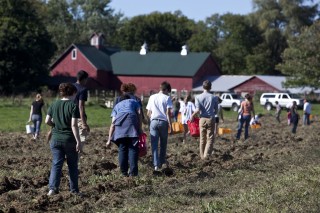Last year, in their upper-level Agricultural Research science course, Scattergood Friends School students used their campus’s 10-acre organic farm as a living laboratory to see how humans interact with nature. They asked essential questions about farm processes, completed literature reviews, researched and designed studies, and ultimately presented their findings at the Iowa State Science Fair.
Academic Dean Louis Herbst helped design the curriculum with sustainable agriculture and environmental stewardship in mind. “The program,” he says, “asks how we can create the next leaders of agricultural revolution in this country and around the world.”
“I love how the students identify scenarios that need attention, design research, and then work out ways to improve the way we do things on the farm,” says Scattergood Farm Manager Mark Quee. “They’ve proven that sprouting grains can be an effective way to feed pigs in the winter and designed a really effective worm-composting system.”
A new interdisciplinary program begins this fall. Freshmen and new sophomores will spend the first seven weeks of the school year doing all their academic coursework on the farm—a classroom without boundaries. “Problems” they encounter will become the queries that guide their work as they strive to build their knowledge and skill sets and apply them in a meaningful context.
“I learned science is not very straightforward and it will take a lot of tries to get an answer,” says Socrates Bassuk ’15, architect of the fodder-feeding study. Classmate Jaci Tentinger says these opportunities are exactly why she chose Scattergood: “Here we use the scientific method—we really use it, outside on a farm.”


